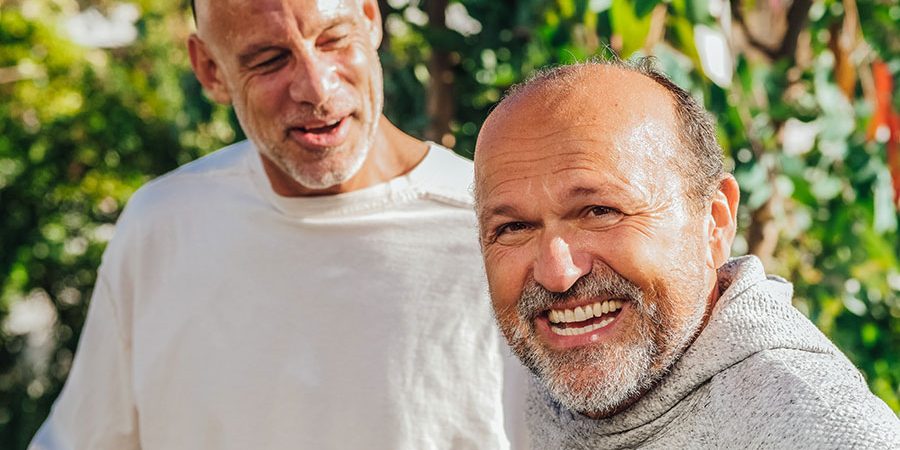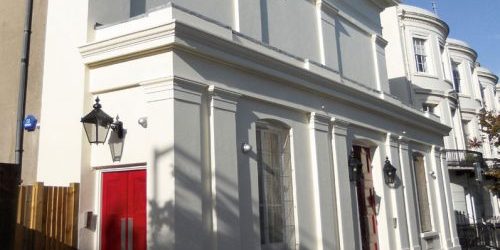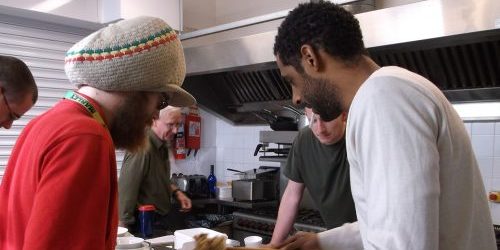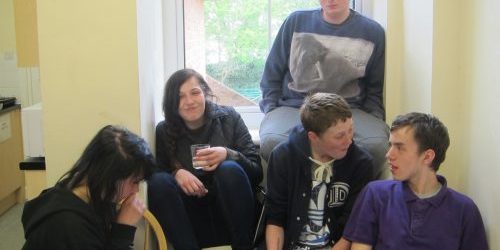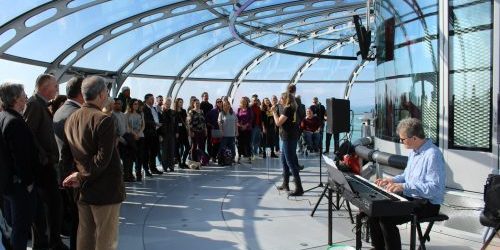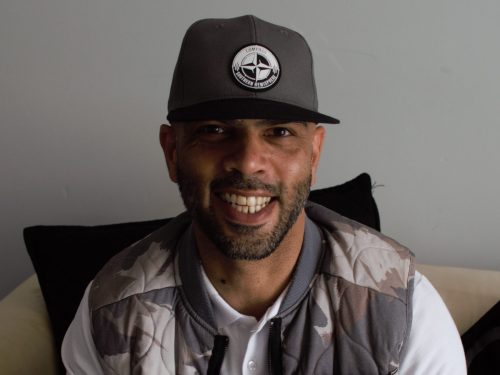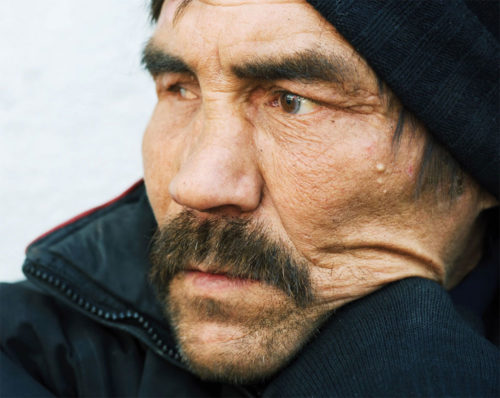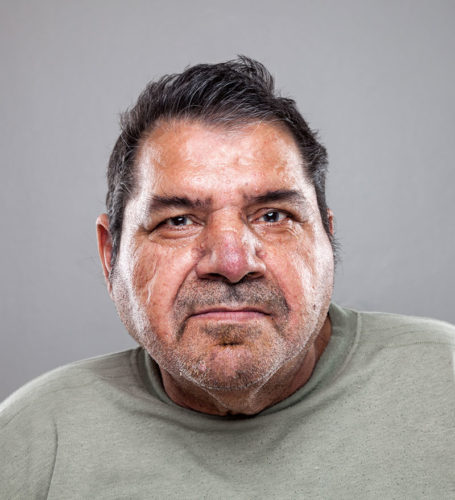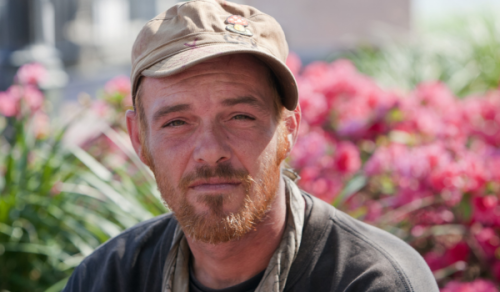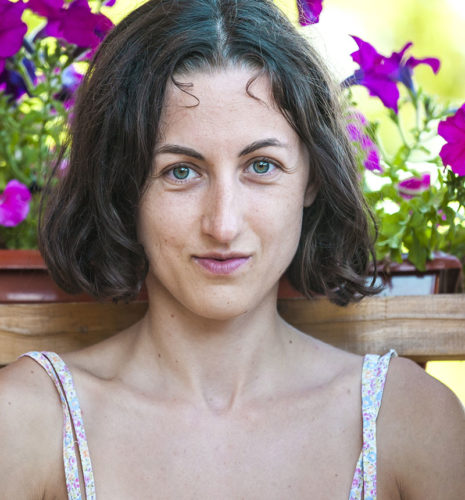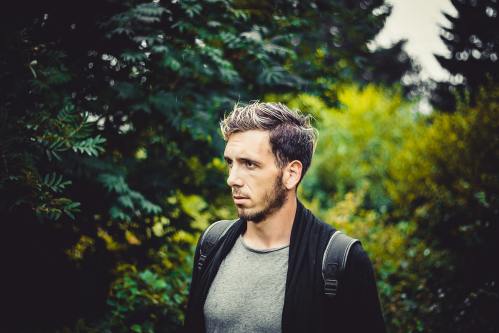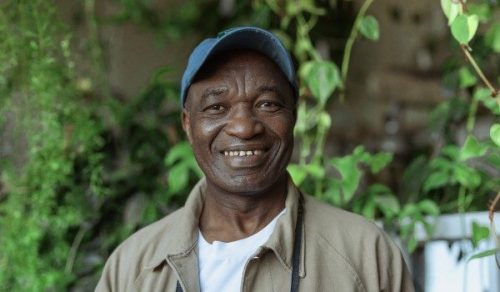Homelessness & Homeless Prevention
We are committed to making real changes to the lives of people who are vulnerably housed or street homeless across East Sussex.
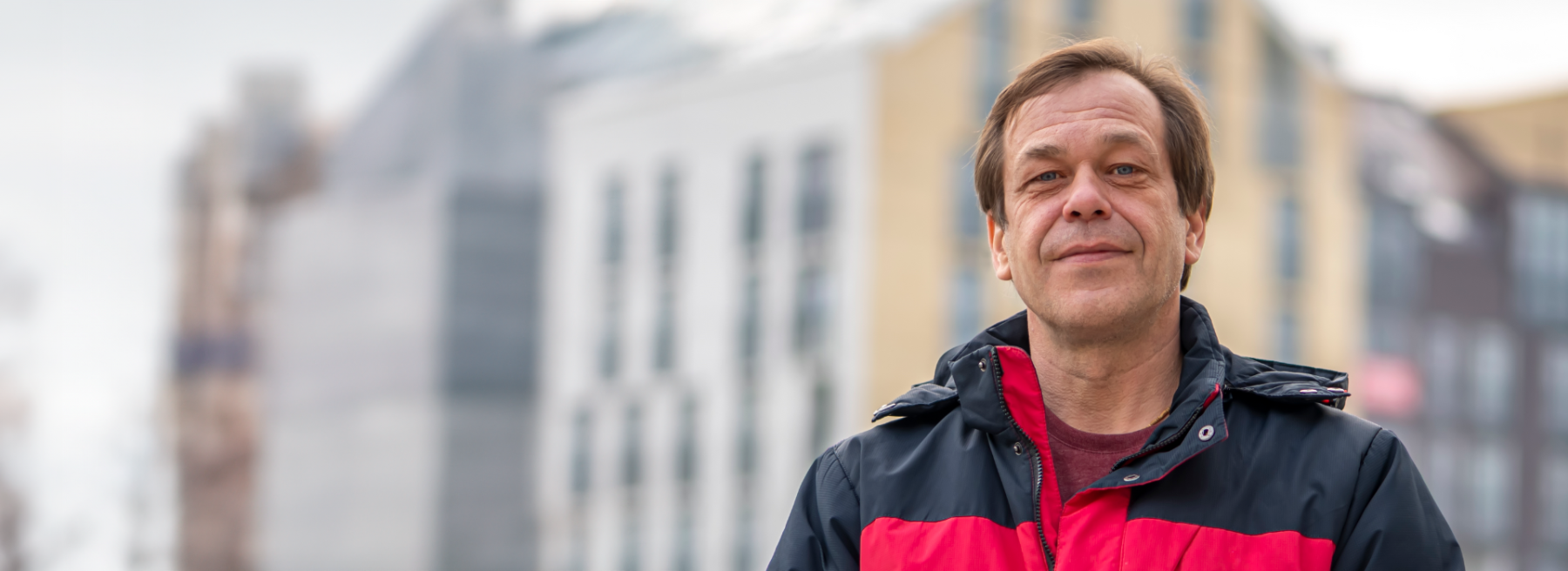
Homelessness & Homeless Prevention
We are committed to making real changes to the lives of people who are vulnerably housed or street homeless across East Sussex.
BHT Sussex provides services to people who are homeless and sleeping rough to help improve their health and wellbeing and move them away from the streets onto healthy independent living.
BHT Sussex's Services
East Sussex Floating Support Service
The Service provides short-term housing-related floating support across East Sussex for vulnerable people, aged 16+, who require support to live independently.
First Base Day Centre
First Base offers a range of services to support people who are sleeping rough or insecurely housed in the city, to get off the streets and start realising their aspirations.
Hastings Young People's Service
The Hastings Young People’s Service is a supported housing project for homeless and vulnerable young people aged between 16 and 25 years old.
Choir with No Name
The Choir with No Name runs choirs for homeless and marginalised people.
Homes for Ukraine Sustainment Service
This is a support service for hosts and guests taking part in the Homes for Ukraine scheme.

